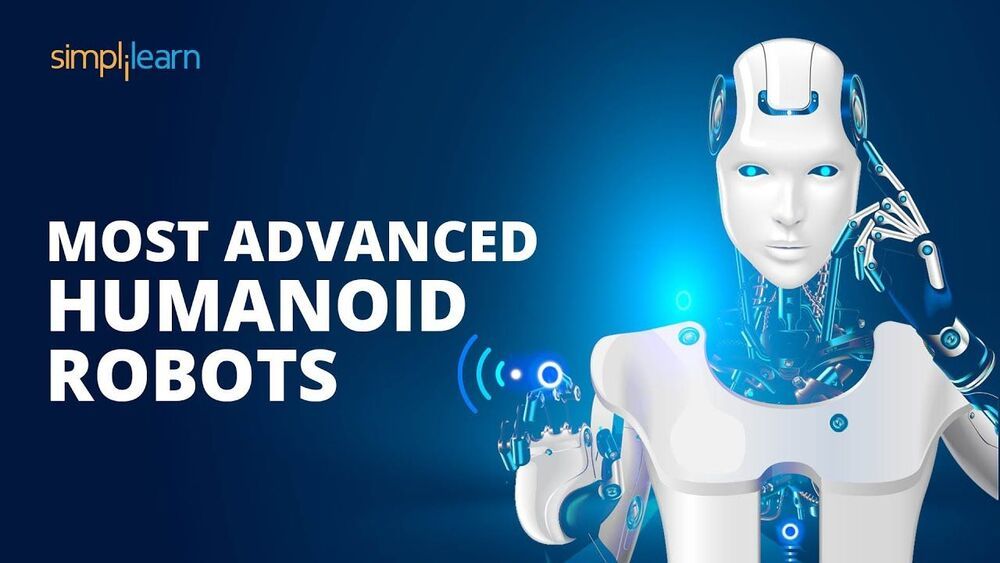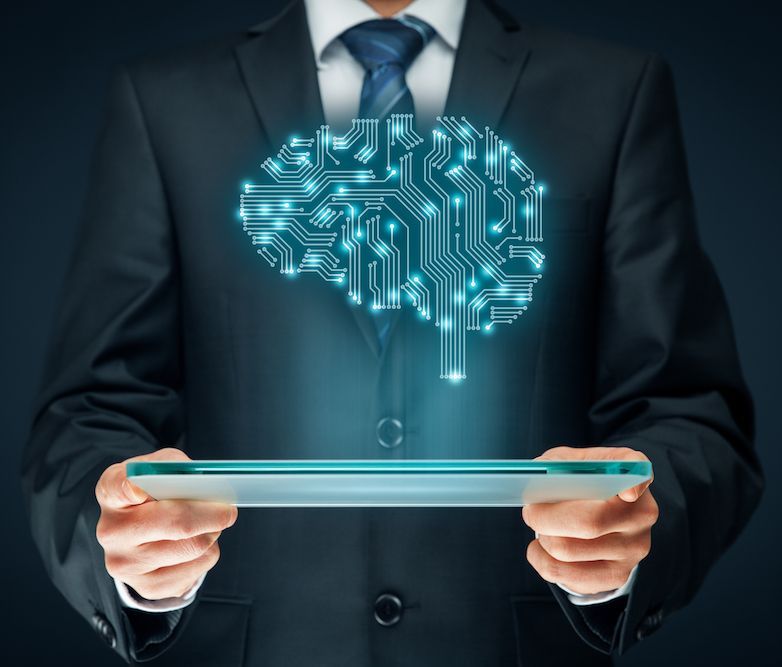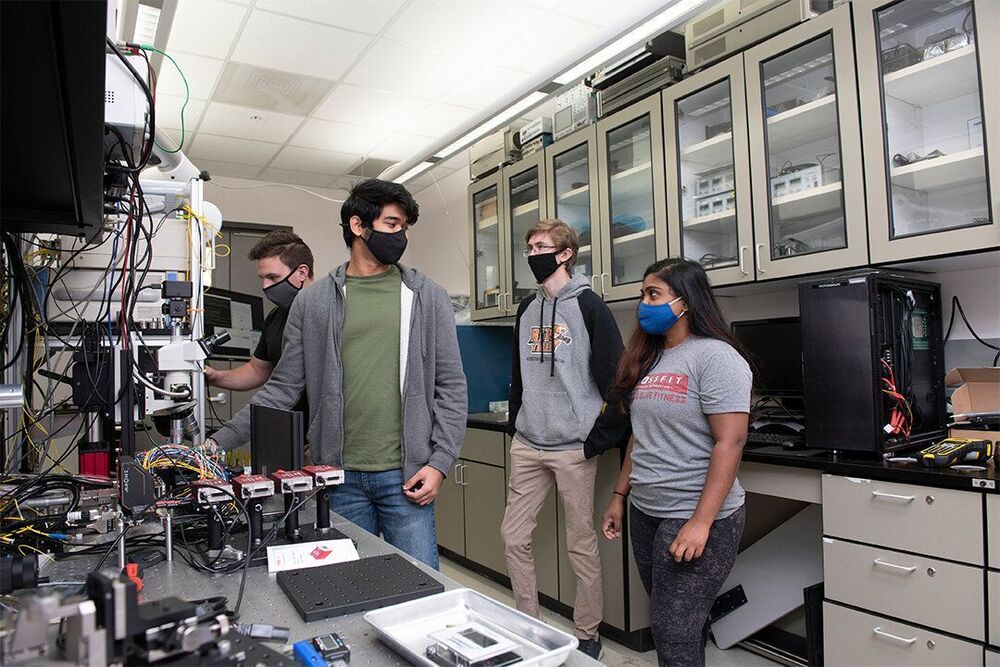With the rapid advancement of humanoid robots in the market today, we’re able to see how our lives have become simpler and easier. In this video let’s look at some of the most advanced humanoid robots that are being developed by various companies and organisations.
✅Subscribe to our Channel to learn more about the top Technologies: https://bit.ly/2VT4WtH
⏩ Check out the Artificial Intelligence training videos: https://bit.ly/2Li4Rur.
#HumanoidRobots #AdvancedHumanoidRobot #Robotics #ArtificialIntelligence #FutureOfArtificialIntelligence #Simplilearn.
Simplilearn’s Artificial Intelligence course provides training in the skills required for a career in AI. You will master TensorFlow, Machine Learning and other AI concepts, plus the programming languages needed to design intelligent agents, deep learning algorithms & advanced artificial neural networks that use predictive analytics to solve real-time decision-making problems without explicit programming.
Why learn Artificial Intelligence?
The current and future demand for AI engineers is staggering. The New York Times reports a candidate shortage for certified AI Engineers, with fewer than 10000 qualified people in the world to fill these jobs, which according to Paysa earn an average salary of $172000 per year in the U.S. (or Rs.17 lakhs to Rs. 25 lakhs in India) for engineers with the required skills.









